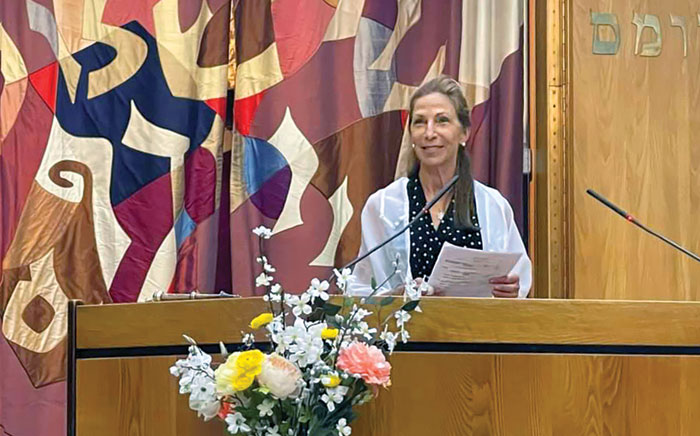
Meeting Penny Lane, it’s hard to imagine that the tall, confident and beautiful woman has spent years hiding a painful secret. Last month, her book, “Redeemed: A Memoir of a Stolen Childhood,” was published, revealing her struggles and triumphs over a traumatic childhood. Through her story, she hopes to reach others who have suffered similarly.
“I was halfway through my life before I dared talking about my family secrets,” she writes. “I learned that many people shared similar lives. Hearing those stories helped me feel less strange, less ‘other,’ more ‘normal’ as if that were remotely possible. They helped me heal.”
Lane’s life reads like a fairy tale, complete with a cruel stepmother who made her a servant from a young age. Unlike Cinderella, however, her journey to meet Prince Charming took some time. During this period, she endured physical and emotional abuse by her stepmother and later found herself trapped in a cult disguised as a church. In her thirties, she finally was able to break free and find her voice and strength. She also found Judaism, a religion she said she always felt connected to.
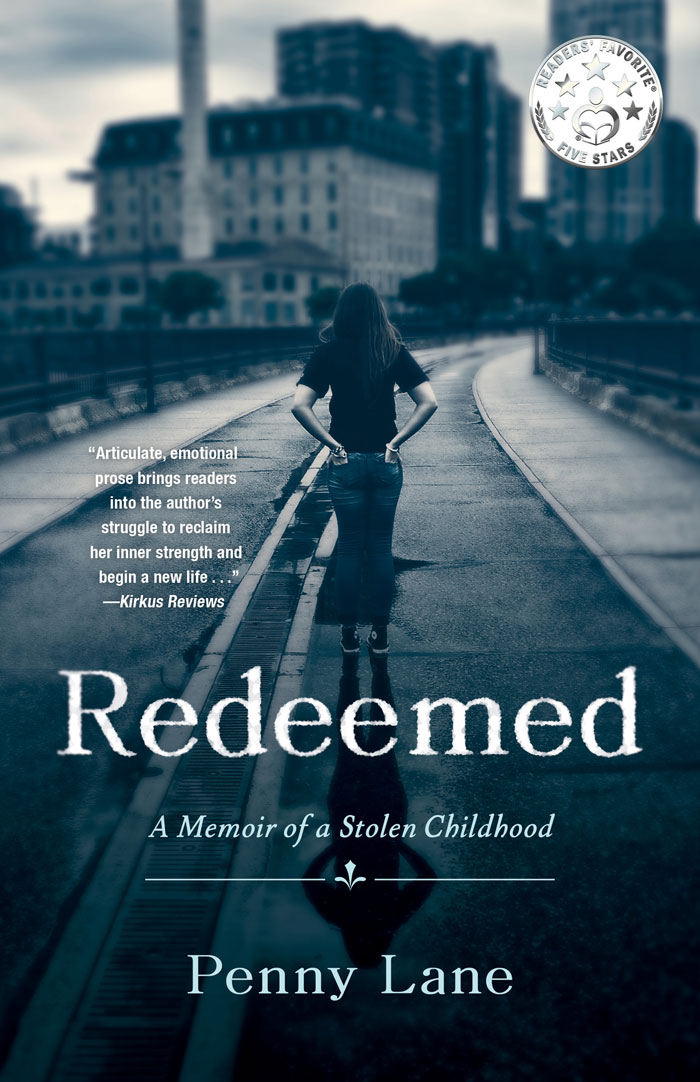 The book opens with four-year-old Penny being taken by her father from her aunt, who had raised her since her mother passed away. Penny is taken to her father’s house, where she meets her stepmother, who doesn’t hide her hatred toward her.
The book opens with four-year-old Penny being taken by her father from her aunt, who had raised her since her mother passed away. Penny is taken to her father’s house, where she meets her stepmother, who doesn’t hide her hatred toward her.
In vivid detail, Penny describes a loveless childhood, taking the roles of the housekeeper and caretaker of her two younger siblings. Today, she lives in the San Francisco area and is married to the love of her life. Lane sat with The Journal for a candid conversation about her debut book.
“I started writing my book in January of 2020,” she said. “I didn’t talk about my abuse much because whenever I did, people either were not interested or curious or they made little of it. For example, when the pastor of the church said it doesn’t matter if you were abused, it was God’s will, immediately my body physically shook, so I didn’t talk about it until I was in my 30s.”
Here’s more of our conversation.
Jewish Journal: In your book, you write that the greatest tragedy might be not knowing what you could have achieved if you hadn’t experienced such a difficult childhood.
Penny Lane: That is exactly the hole in my heart. I was 32 when I started college and 37 when I graduated. I knew I wanted a house, security and a family. I fell into sales and I was good at it, but there are a million other things I could’ve been and maybe even do better. So even though I was successful, that doesn’t mean I found what I should have been. That is the most painful thing for me.
JJ: You say that today intellectually you are able to understand your stepmother better. Were you able to forgive her?
PL: No. She ruined my life. I was miserable and suicidal. I missed so much. I called the book “A memoir of a stolen childhood” because she had robbed me of that and so much more. I never got to do girl things, never had pretty dresses, never had a sleepover, never went to prom, never went to a dance. I wasn’t even allowed to do my homework.
JJ: Do you plan on doing book clubs, talking to people about your experience?
PL: That is my goal. In Judaism we talk about “tikkun olam,” repairing the world. There are so many people who hold on to stories of abuse their whole lives because they were told not to talk about it, to keep it private. I disagree. I think you’re healthier if you tell people who will validate you, support you, hold your hand and hug you when you cry. I would then tell them, let me help you find a service, a therapist so you can put this to rest.
JJ: You converted to Judaism. Why did you want to become a Jew?
PL: I never felt wanted or like I belonged anywhere. I was always the odd man out because I didn’t have the clothes, I was so depressed, I looked down at the ground and I tried to cover my face with my hair. I couldn’t do the normal kid stuff. Coincidentally, when I was in my junior high years, the Jewish kids were always nice to me. They didn’t make fun of me like the other kids and so I always wanted to be like them, to be Jewish. I kept it under wraps of course. My first husband was Christian and when I left the church, I was busy healing from all the trauma. I felt like a failure, so I didn’t even think about Judaism until I was established and remarried. Then I started thinking, “Oh, if something happens to my husband, then I’ll convert.” And then I realized that was a very unhealthy thought. Why not just convert now?
JJ: What was your first step?
PL: I went to a Reform temple on a Friday night. It was very large, with maybe 3,000 members. The prayer was mostly in Hebrew, but I immediately started crying as the music played. I felt like I had arrived at home. It was a definitely a spiritual thing that happened to me even before I converted. I studied for about two-and-a-half years until I converted.
“The prayer was mostly in Hebrew, but I immediately started crying as the music played. I felt like I had arrived at home.”
JJ: How did your husband and friends react to your decision to convert?
PL: My husband was very supportive. At the time, I was a wealth advisor at Wells Fargo bank. I pulled some Jewish women at the bank into the conference room and said: “Guess what? I’m converting to Judaism.” And they said, “What? We already thought you were Jewish.“ I can’t tell you how many people have said that to me.
Lane said Judaism gave her a sense of belonging. She leads a Jewish life, observes Shabbat, celebrates the holidays and goes to temple regularly. While she was taking Judaism classes before her conversion, her rabbi told her, “I don’t want you to just come to our temple. Go to as many temples until you find the one you like.”
So she did. One Friday night, she went to Temple Emanu-El in San Francisco, one of the two oldest Jewish congregations in California. “I was watching the crowd and I was thinking, maybe I’m not allowed to be here? I’ve never done this before.” So finally, I got my courage up and went to the rabbi and said: “Hello, my name is Penny Lane,” and started telling him my whole life story. The rabbi threw his hands in the air and said, “Oh, you reek of Jewishness. Come in.”
“I can’t tell you how it felt,” she said. “It was like my soul exploded. If you told me I had won the lottery, I couldn’t have been happier. My soul felt like, this is what I’ve been looking for my whole life.”






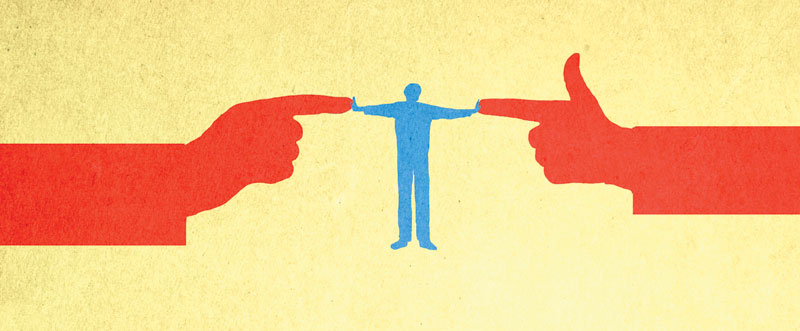
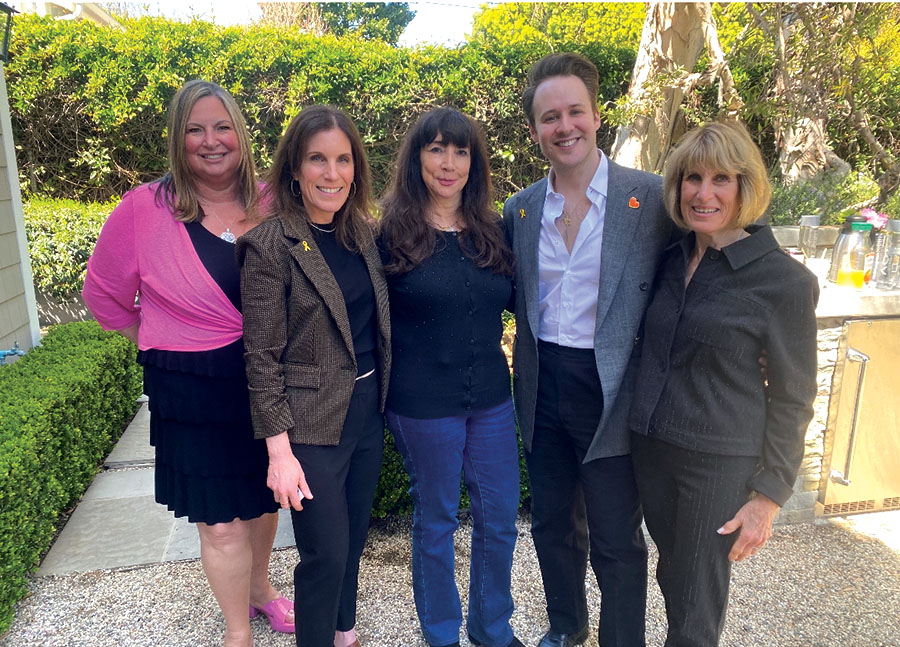
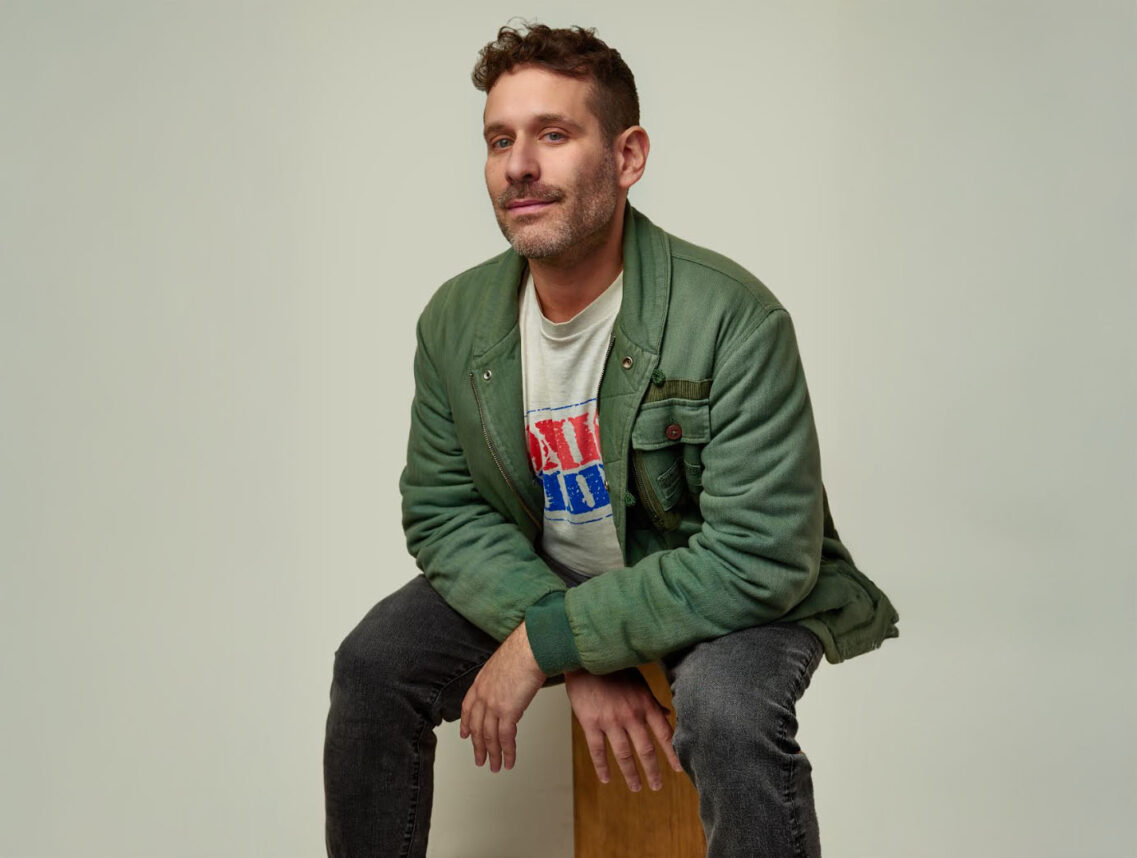
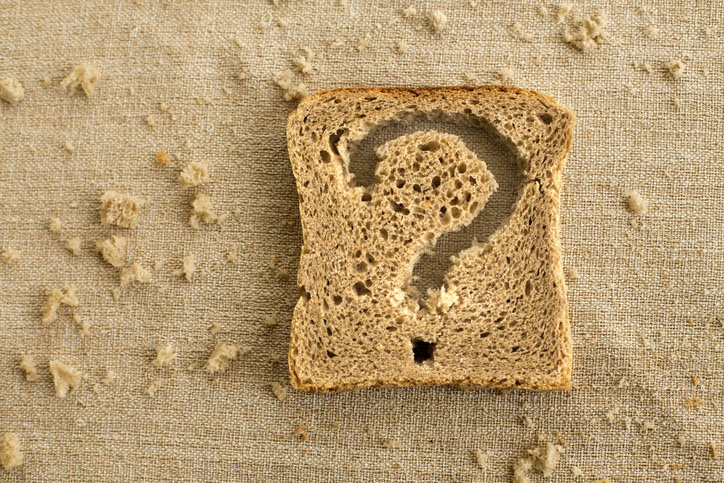
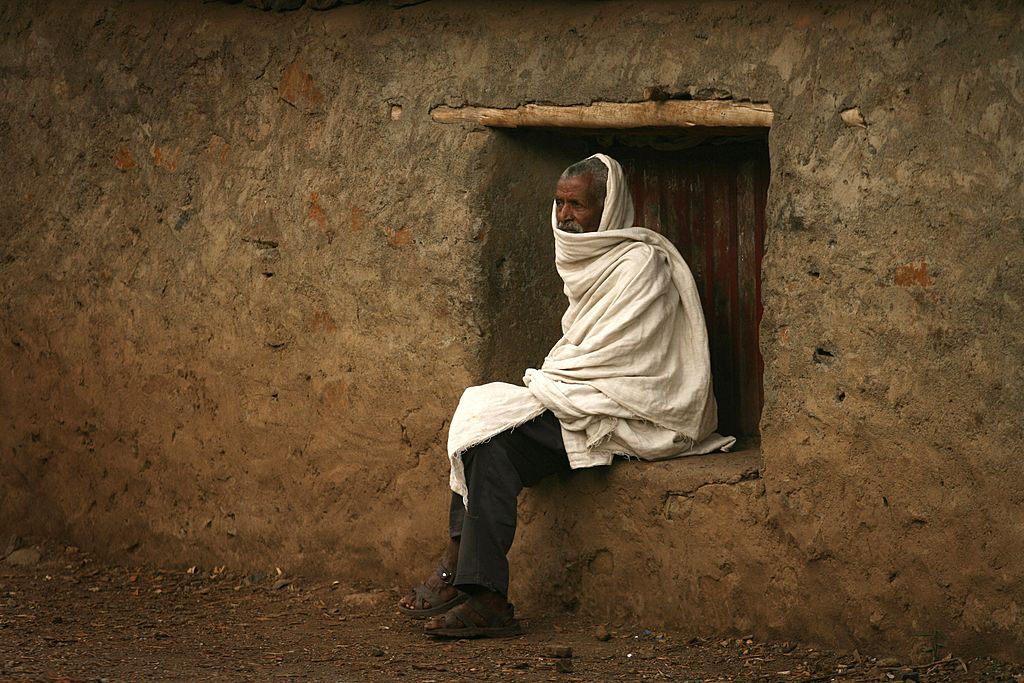

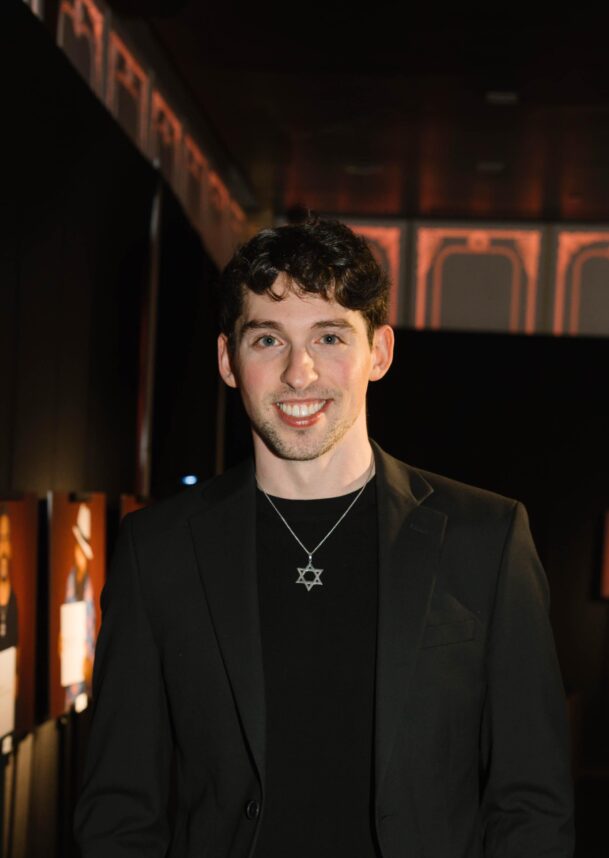
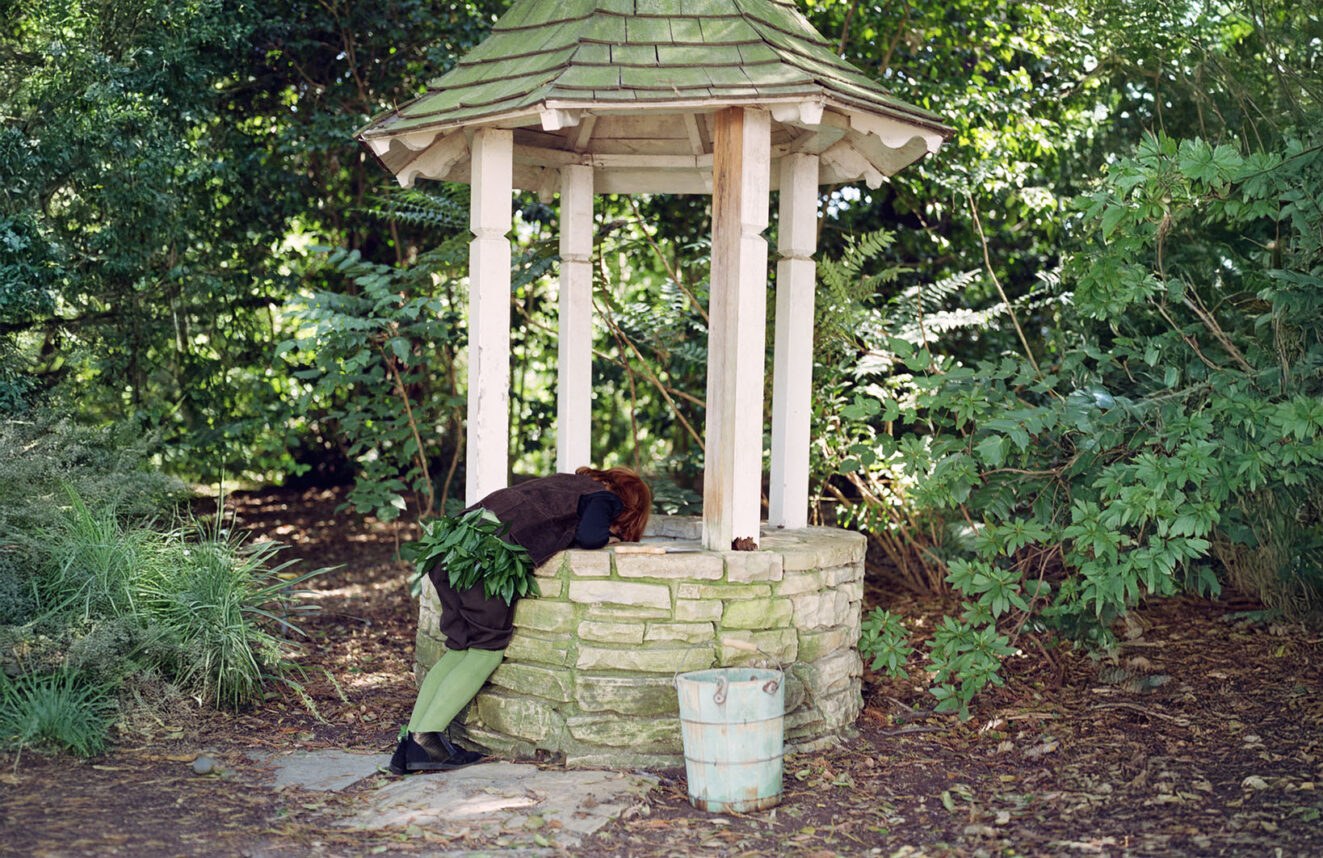
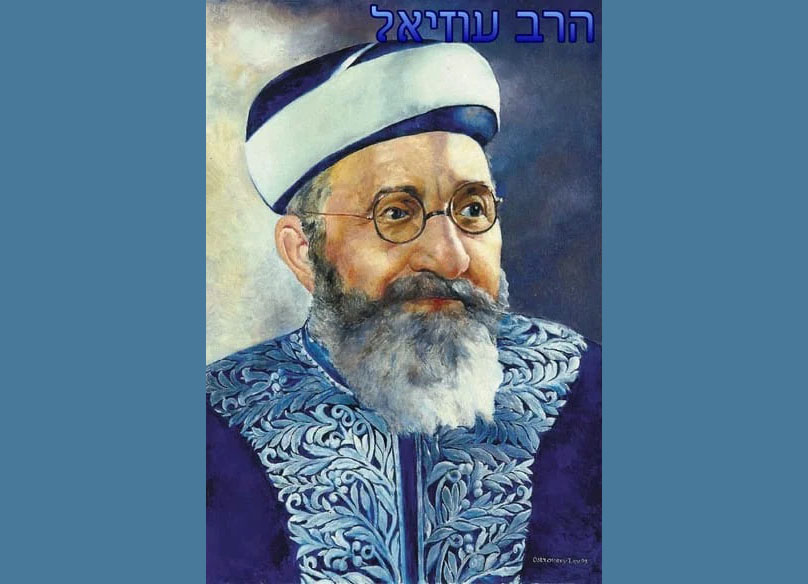




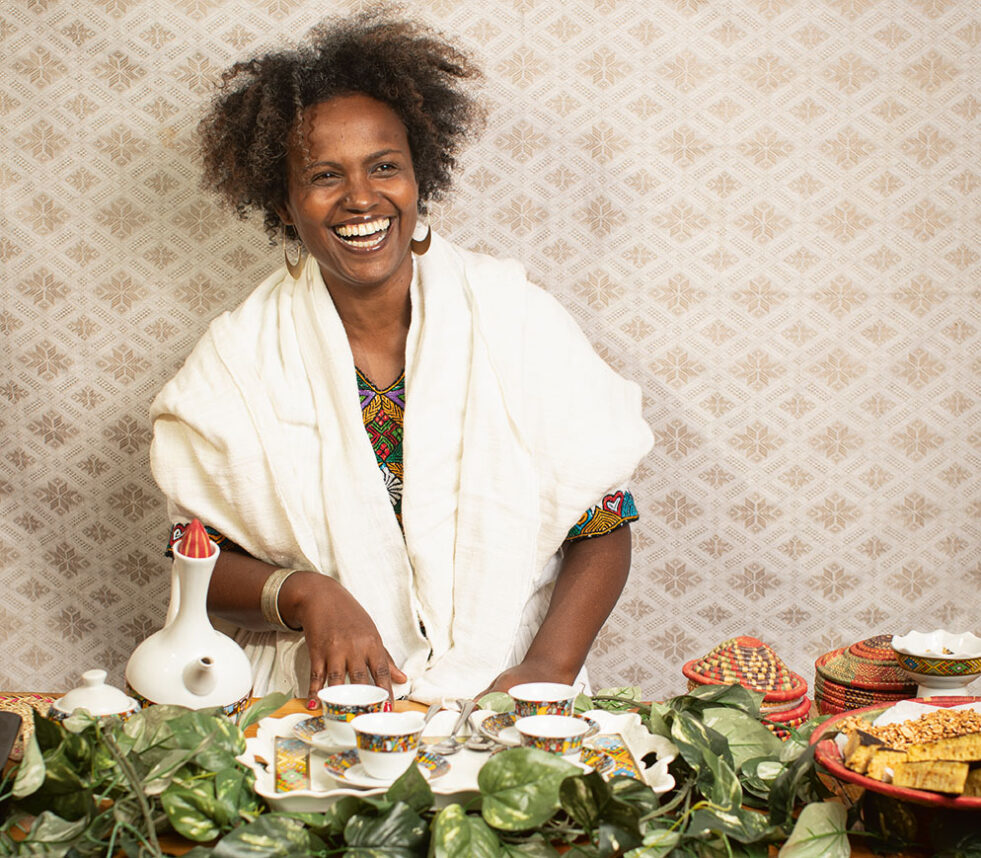


 More news and opinions than at a Shabbat dinner, right in your inbox.
More news and opinions than at a Shabbat dinner, right in your inbox.